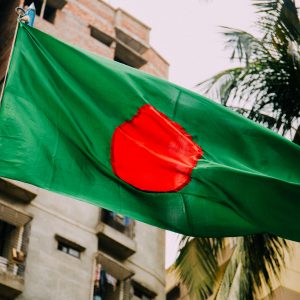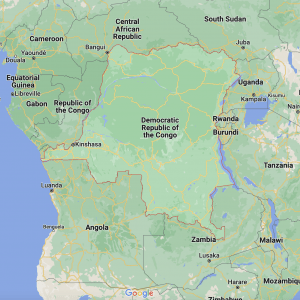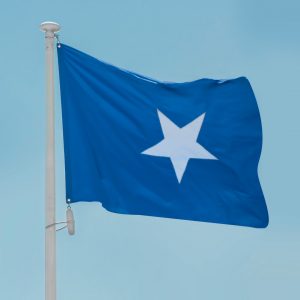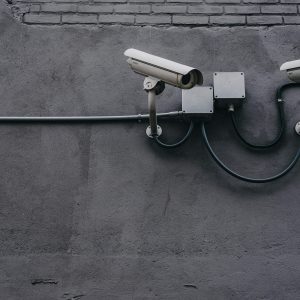Iran calls BRICS membership ‘strategic victory’
TEHRAN, Iran (AA) – Iran has described its permanent membership in BRICS as a “strategic victory” after South Africa’s president announced on Thursday the induction of six new members.
Mohammad Jamshidi, the deputy chief of staff for political affairs to Iran’s president, took to social media to announce Iran’s permanent membership of the bloc.
“In a historic move, the Islamic Republic of Iran becomes a permanent member of BRICS. A strategic victory for Iran’s foreign policy,” Jamshidi wrote, congratulating Iran’s supreme leader Ayatollah Ali Khamenei, and the people of the country.
South African President Cyril Ramaphosa, the host of this year’s BRICS summit, on Thursday announced that the bloc has invited Argentina, Egypt, Iran, Ethiopia, Saudi Arabia, and the United Arab Emirates to become new members.
The expansion of the five-member group of emerging economies has featured prominently on the agenda of this year’s summit in Johannesburg, with five existing members giving their nod.
Iran’s President Ebrahim Raisi, one of the world leaders invited for the 15th BRICS summit, arrived in Johannesburg early on Thursday.
Before boarding the flight to South Africa, Raisi described BRICS as a “new emerging power in the world” that brings together “independent countries.”
He also expressed Iran’s readiness to bolster cooperation with BRICS member states.
Iran’s membership of the BRICS came amid a stalemate over the 2015 nuclear deal, as well as tense encounters in the Persian Gulf.
Experts see BRICS as a viable counterweight to the G-7, a powerful US-led political forum that also includes Canada, France, Germany, Italy, Japan, and the UK.
BRICS is an influential geopolitical bloc with five member states – Russia, China, Brazil, India, and South Africa – which account for 42% of the world population and are expected to contribute over 50% of global GDP by 2030.
Iran applied for full membership in the bloc in June last year, just days after President Raisi was invited to virtually address the BRICS Plus summit.
In his speech, Raisi expressed his country’s willingness to share its “vast capabilities and potentials” to help the bloc attain its goals while pointing out challenges such as “conflicting global trends, unilateralism, nationalistic partialities, sanctions, and coercive economic action.”
The bloc has floated the idea of the New Development Bank as a rival to the International Monetary Fund which currently dominates the global finance system.













